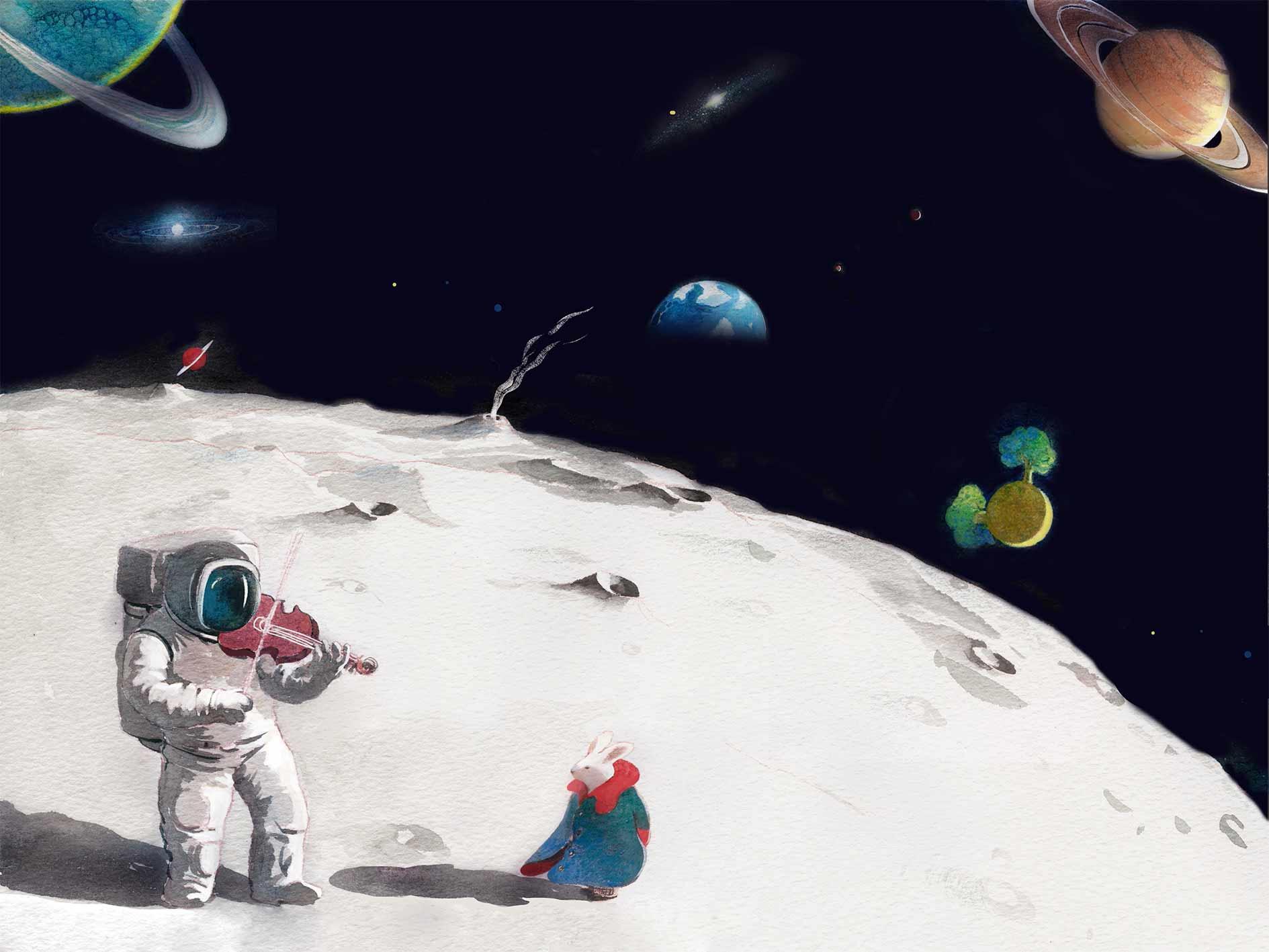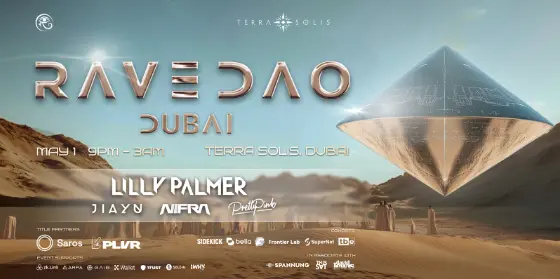What is it like to work in a DAO without a boss?
Written by: ANDREW R. CHOW
Compiled by: TechFlow intern
In January, many people on Crypto Twitter claimed that if 2021 was the year of NFTs, then 2022 would be the year of DAOs.
DAO stands for "Decentralized Autonomous Organization," a new type of organizational structure that has rapidly spread in recent years with the influx of capital into the cryptocurrency space. DAOs are an extension of the crypto world's commitment to decentralization; they are not owned by any individual or controlled by a board, but collectively owned by participating members who decide and execute rules through smart contract voting.
Aaron Wright, a lawyer and co-founder of Flamingo DAO, which invests in NFTs and creative projects, likened DAOs to "branches with bank accounts." He said, "The power of the internet is like a swarm; it rushes in, but there is a lack of effective ways to channel that power, and I believe DAOs are the answer to that problem."
Enthusiasts firmly believe that DAOs can eventually replace many traditional companies and become collaborative organizations of the new era. (If you want to draw a comparison with Uber, imagine a company collectively owned by drivers.) However, most DAOs currently focus on cryptocurrency and Web 3 activities. Some DAOs collect NFTs (like PleasrDAO), facilitate cryptocurrency exchanges (like Uniswap), build blockchain products and tools (like PartyDAO), and incubate and fund NFT artists (like herstoryDAO, The Mint Fund).
Skeptics also point out that many DAOs are not particularly decentralized and have limited capabilities in addressing the unpredictable complexities of human organization. Video essayist Dan Olson argued in his viral YouTube video "Line Goes Up - The Problem With NFTs" that "calling a DAO a revolutionary structure is just a (smokescreen) distraction; it’s just shares with voting rights." An article published earlier this month in The New York Times also mentioned some dilemmas faced by DAOs, including large-scale hacking attacks, low voter turnout, and internal disputes.
Despite some DAOs collapsing, others are quietly progressing, providing an alternative model for potential workplace scenarios. dOrg, one of the first to be legally recognized as a limited liability company in the U.S., is among these DAOs. Founded in 2019, dOrg is a software development company aimed at helping Web 3 and cryptocurrency projects build infrastructure. I interviewed four members of this DAO to understand how dOrg differs from traditional limited liability companies and how these differences help or hinder their work.
No Management Team, Everyone is a Company Owner
dOrg has no typical management positions (CEO, CFO, etc.) from the top down. Software engineer Ori Shimony co-founded the company, but he has no formal leadership title, simply describing himself as "helping with research and development."
In contrast, roles within the dOrg team are fluid, with people shifting into different roles based on the needs of each project. Everyone officially working at the company is a legal owner of its "Vermont LLC," with each owner holding a share. Decisions for the company are made through token voting, and you can accumulate tokens while completing projects for the company. (As a result, Shimony holds the largest share of tokens in the company, about 9%, but his share has been steadily decreasing since the company was founded and will continue to do so.)
Colin Spence, dOrg's full-time product designer, stated that understanding this ownership model is a "huge wake-up call." "In almost every company I've worked for, my boss would tell me, 'I really wish you owned this project.' But that wasn't the case. Now, everything I build is mine. It completely changes how you manage your own time."
However, the company is not entirely without hierarchy. Specific aspects of projects are led by experts (in areas like technology, project management, etc.). But a project leader may need to report to former subordinates in the next project. Shimony noted, "There is a distinction between leadership and power." No authority figure can just wave a wand and make decisions. However, having one person, or preferably several, to provide advice, guidance, and direction is truly helpful.
Developers Choose Their Projects and Control Their Budgets
Work hours and locations are flexible and self-determined. I interviewed employees living in three different countries, all of whom reported working no more than 45 hours a week and mentioned having a high degree of autonomy in finding work projects, building relationships with clients, and then forming teams to execute those plans.
For example, dOrg project manager Magenta Ceiba is passionate about regenerative agriculture and supporting local economies. When she encountered an investment club focused on these issues, AcreDAOS, she wrote a proposal that was quickly accepted by dOrg's token holders. She said, "On this project, there is a particularly high level of value alignment. Many builders at dOrg come from Venezuela, so they have a deep understanding of what it's like during an economic collapse."
Nestor Amesty, a tech lead from Venezuela, stated that developers can handle budget allocations themselves. He said, "We audit ourselves. If someone misuses the budget (which has definitely happened in the past), then their peers are responsible for raising concerns when they see something they disagree with. We have a clear structure that outlines how to proceed in case of conflicts."
Conflicts are Mediated and then Voted On
Due to the lack of a central authority to adjudicate conflicts, employees must first adhere to the company's "Decentralized Dispute Resolution" guidelines. Sometimes, a personnel action specialist (essentially an HR worker) acts as a mediator. Magenta noted, "Recently, this has been running very well. We have a culture of being direct and honest with each other."
It is not uncommon for Shimony's ideas to be overturned. He told me that when he wanted dOrg to issue public tokens (so investors could buy quasi-shares in the company), his idea was "shelved in the committee" after several phone discussions. Shimony stated, "I argued with them; dOrg decided to go another way, and I'm glad it did. dOrg is what it is now."
If a decision is not resolved during discussions, DAO members will vote on the blockchain. Spence mentioned that the company used to vote on almost every decision, leading to "information overload. You constantly have to think about everything you propose." While this process may be the most internalized form of democracy, it hindered progress, so the company began delegating decision-making to smaller, more specialized groups.
The Company's Health Benefits are Outsourced
Currently, dOrg partners with Opolis (a company that sells healthcare to digital workers and freelancers) to provide health insurance for its members in the U.S. Ceiba, who lives in California, expressed interest in advocating for the company to explore its own insurance options, as "we have enough healthy funds to start revisiting this issue."
Salaries are Transparent
In terms of salary rates and finances, dOrg aims for "complete transparency." All salaries and budgets are publicly maintained on the blockchain, and every member can view the payment logs.
Moreover, regardless of where employees live in the world, dOrg pays salaries based on their skill sets. Amesty, who moved from Venezuela to Madrid after joining the company, stated that when he previously tried to work for institutions in Latin America, "they often forced developers to work for lower wages because they knew the situation in Venezuela was very tough. But after I started working for dOrg, I felt that my nationality didn't matter; what mattered was my work and what I brought to the table."
Another interesting phenomenon is that employees working on specific projects can choose to be compensated in "cash" or in "tokens representing ownership of those projects." If they choose the latter, they must sacrifice immediate expenses, hoping that the token's value will increase as the project matures.
For example, Amesty helped build the development platform Polywrap, and he said he chose to be compensated almost entirely in tokens, which will vest in four years. "I really believe Polywrap has great growth potential in the coming years, and I want to be part of that. It also motivates me to do my best because I have skin in the game."
Skill Development Work is Still Underway
In theory, a flat hierarchy company could lead to worker stagnation. In such cases, employees may feel a lack of motivation to develop skills or progress. To address this issue, dOrg's handbook emphasizes "skill enhancement" and creating a collaborative structure that allows employees with different skills to learn from each other. Ceiba stated, "When people form teams, senior developers encourage more junior developers to take on larger scopes or new skills. Workers with more expertise or skills will earn more."
Spence hopes that the self-improvement process will become more formalized, providing developers with a guide to the skill sets they need to master in order to achieve higher salary levels and status within dOrg. He has envisioned a system where developers can register and build various skills on each project, which would then be peer-reviewed by collaborators. He stated, "Therefore, there needs to be a continuous mechanism for assessing builders' performance to ensure they are indeed building the skills they need." Spence mentioned that he had proposed this idea in the past and hopes to push for its implementation next year.
In the meantime, dOrg will continue to take on projects, vote on new proposals, and try to streamline technical processes. "A lot of things start as experiments, and some things need to be sorted out. But it works. And I hope I can stay here for a long time," Amesty said.








